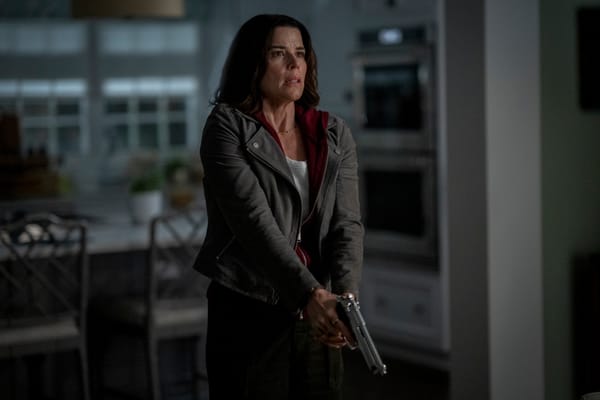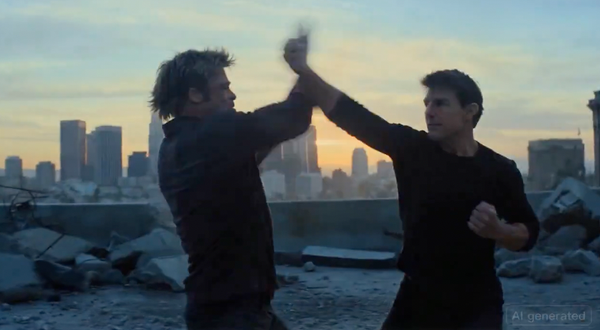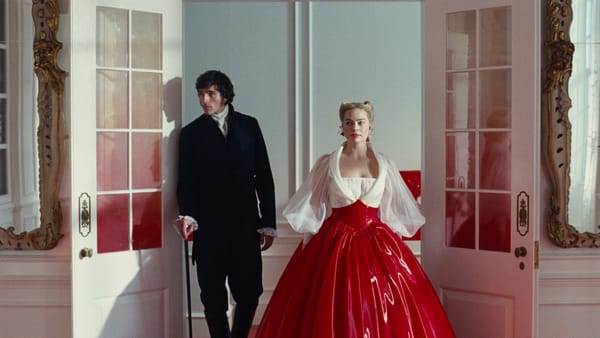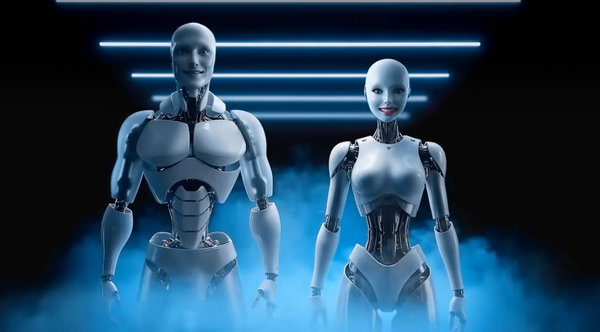‘Mickey 17’ Is a Barrage of Sloppy Sci-Fi Satire
Robert Pattinson’s delightful performance can’t rescue Bong Joon Ho’s disappointing misfire.
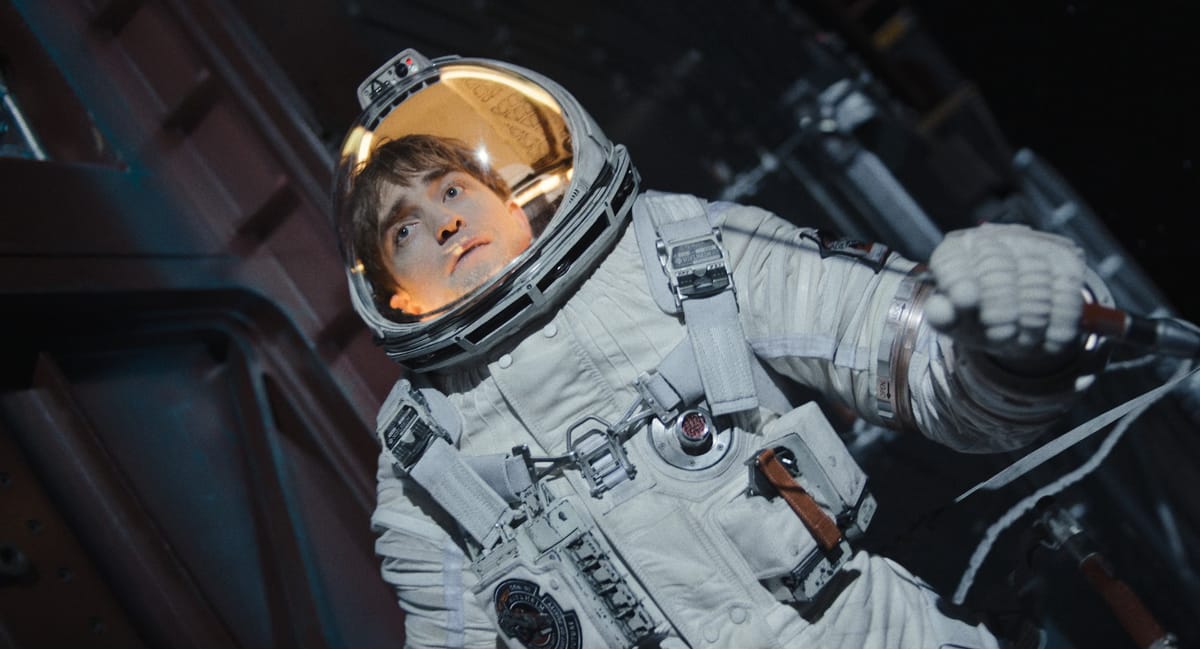
I understand the appeal of a “blank check” movie. Bong Joon Ho had an unexpected global hit and Best Picture winner with his masterful Parasite, and Warner Bros. likely offered him a lot of money and resources for his next project. However, the result of that union, Mickey 17, feels like a director trying to cram dozens of ideas into a movie regardless of whether he has the time to explore them. The film is a hodgepodge of tones, metaphors, characters, and themes, and nothing ever lands. Bong’s excitement runs through the picture, and he’s supported by Robert Pattinson giving one of the most memorable performances of his career, but rather than exhilarating the audience, we’re mostly left exhausted. Like the title character, Mickey 17 feels like a slapdash copy or an original, struggling to find a purpose amid chaos.
Set a few decades into the future, humanity has discovered how to cheat death by taking someone’s consciousness and uploading it to a printed version of a new body. Because of all the objections this raised on Earth, the program was offloaded into space exploration where these “expendables” could be used for dangerous jobs, killed off, and then printed again with all their experiences thus far. Mickey Barnes (Pattinson) takes a job as an expendable on a colonizing mission on the planet Niflheim to get away from a murderous loan shark on Earth, and while he doesn’t love the work, he seems to be alright with it, especially since finding love with his fellow passenger, Nasha (Naomi Ackie). When Mickey 17 (so named because he's the 17th copy) seemingly dies only to return to the ship and discovers they’ve gone ahead and printed Mickey 18, he has to figure out how to not only survive (the law states all multiples must be destroyed) but defeat the colony’s nefarious overlords, Kenneth Marshall (Mark Ruffalo) and his wife Yifa (Toni Collette).
The moment I knew Mickey 17 was in trouble was about an hour into the movie. Up to this point, the film had been shuffling along but managing to make headway thanks to its premise about disposable labor and maintaining focus on the endearingly dim-witted Mickey 17. A little less than halfway through the story, Mickey 17 gets invited to a dinner with Kenneth and Yifa along with another laborer, Kai (Anamaria Vartolomei). At this point, Bong becomes far more enamored with hammering all the far-right parallels that were already glaringly obvious from Kenneth praising Kai as a perfect specimen for breeding on his “pure” planet. Kenneth is a politician, a religious figure, a corporate overlord, and an entertainer all rolled into one, and it erases any surprises from the character or his actions despite Ruffalo’s game performance. He is yet another Trump analogue as if we haven’t seen those for the last ten years. Not only does the film start to lose sight of Mickey 17, but it starts rolling heavily into a litany of reminders of our contemporary political reality. Oh, Marshall’s supporters are zealous fools screeching for his benevolence and they also wear red hats in case you couldn’t already pick up on the commentary.
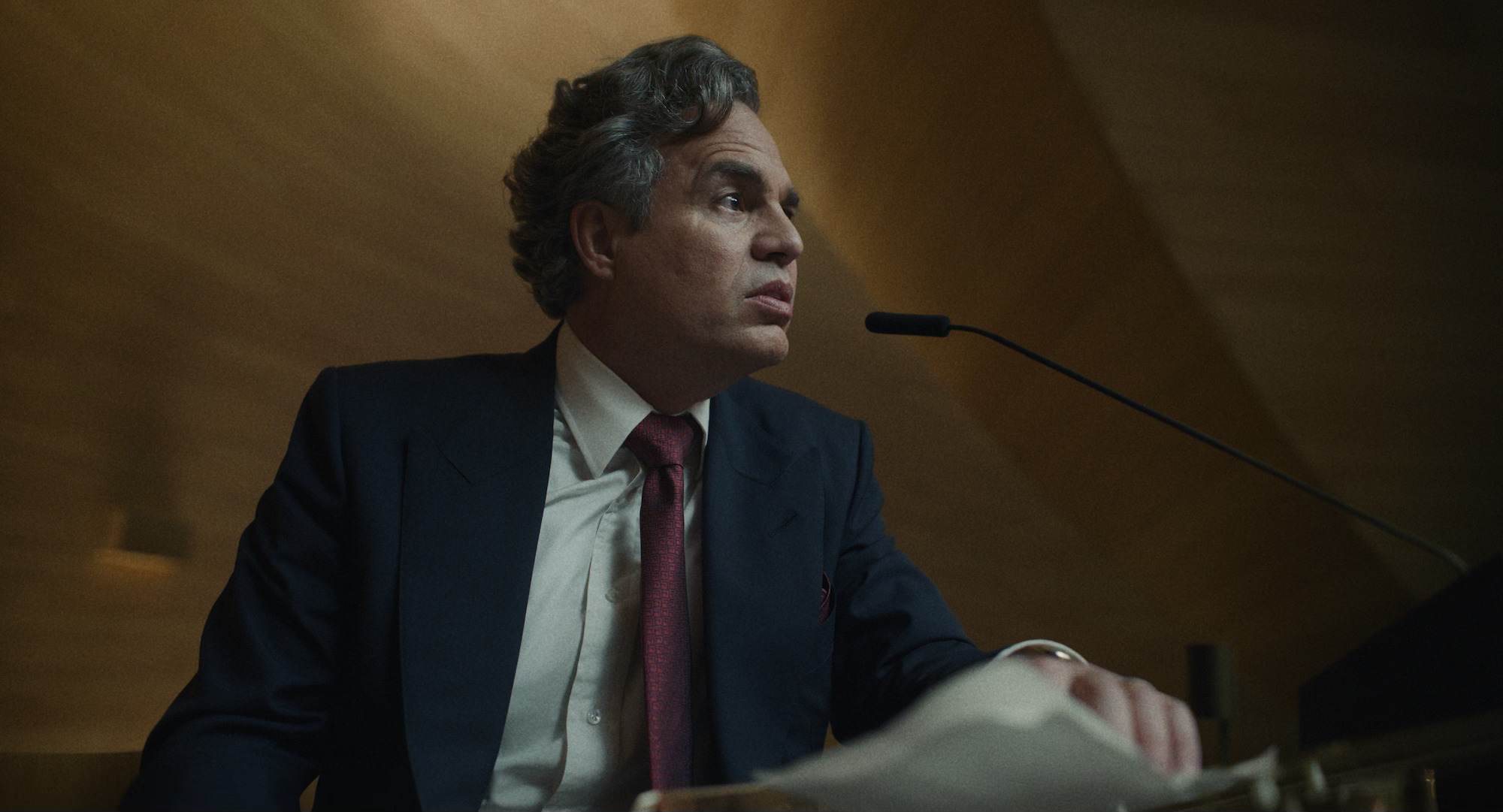
Mickey 17 isn’t the first time Bong’s reach has exceeded his grasp, and the film frequently recalls his 2017 movie Okja, a well-meaning capitalist critique and plea for animal rights that still features exceedingly goofy characters like the zany zoologist played by Jake Gyllenhaal. There’s nothing inherently wrong with Bong’s wild swings, but in the case of Mickey 17, they feel like the result of a director trying to hit far too many targets as the film vacillates between universal themes about the nature of mortality and how true human progress can’t be measured solely through scientific progress down to throwaway observations like the inclusion of an underground drug market for oxy that seems to have little to say about the opioid epidemic. This is Modern Times for modern times, except instead of retaining Chaplin’s perfect balance of comedy and societal critique about exploitation in the industrial age, Bong has piled on so much stuff that no idea rises to the surface.
This wandering, unfocused approach leads to constant frustration, especially when compared to Bong’s far more efficient works of satire like Snowpiercer and Parasite. Snowpiercer in particular, which also focuses on classicism in an icy dystopian future, shows what the director can do when he stays on point. Perhaps he didn’t want to merely repeat that film, but for all of the goofy escapades he manages here, there’s also not much heart. As the characters fighting to the front in Snowpiercer start getting picked off, their deaths carry weight. Characters in Mickey 17 don’t even act consistently from one scene to the next. At the aforementioned dinner scene, Kai is still mourning the loss of her girlfriend, and then moments later she seems ready to hop into bed with Mickey 17. The film wants to put the emotional center on the romance between Mickey 17 and Nasha, but until a clumsy flashback does some back-filling, their relationship plays more sexual than romantic.
The film would likely fall apart completely were it not for Pattinson, who continues to show he’s one of the most exciting actors today because he’s unafraid to make weird choices that are still rooted in what serves the character. Some may find his silly voice distracting, but similar to Nicolas Cage’s “Gumby” voice in Peggy Sue Got Married, it’s a useful way of showing the character’s naivety and innocence as a way to counterbalance his simplicity. Narratively, it also helps Pattinson distinguish Mickey 17 from the assertive and violent Mickey 18. If Mickey 17 has any kind of emotional resonance, it’s because Pattinson gives a captivating performance and the film kind of manages to work as long as he’s holding the center of the story.
Unfortunately, as the film drags on, Mickey 17’s plot sprawls and tries to cover as many issues as Bong thought he could squeeze into his adaptation of Edward Ashton’s novel. By the end, the film has become a bland acknowledgment of social injustice while continuing to trip over its clumsy plotting. The film is about asserting Mickey’s permanence and the concept that he is not “expendable,” nor does he have to be crowded out of existence by other Mickeys. I wish Bong had taken the same approach to the film’s themes.
Matt Goldberg is a film critic living in Atlanta. If you enjoyed this review, be sure to check out his newsletter Commentary Track.
David Chen’s Take
I couldn’t help but love Mickey 17, even as I recognized its many issues. The film is at its best when it’s following its titular character as he navigates the challenges of being an “expendable,” which requires him to die over and over, frequently in horrifying ways. Pattinson is incredible as usual, believably playing a working class schmuck who lucks into a critical job that requires from him the ultimate sacrifice. In Mickey’s journey, we ponder questions about what it means to be human and what death means when its impact can seemingly be erased via a print-out copy of oneself. It’s the best of what sci-fi can be.
That said, as Matt’s review indicates, the film is chock full of ideas and its satirical eye is not a subtle one (If every major work of art is going to have a Trump analog for the next few years, I’m already exhausted by it). The final third of the film in particular gets quite chaotic and messy, with subplots being dropped left and right in favor of a hurried and intense climax. Ultimately, I think we get too far away from Mickey’s journey for the movie to make much of an emotional impact.
But Bong Joon Ho is still one of the greatest directors alive today. Every shot feels purposeful, every camera movement revelatory. While I’m not sure Mickey 17 really amounted to much thematically, it was a blast to see him play in this sci-fi sandbox. I’d still wholeheartedly recommend Mickey 17 for Bong Joon Ho fans and/or sci-fi fans.
Other Stuff David Chen Has Made
- This season of Severance has given us several of the best TV episodes made in recent memory. But this week on Decoding TV, Patrick Klepek and I discussed the latest episode, which in my estimation is one of the worst episodes of the show. Concerning! (Subscribe here)
- On The Filmcast, we tried something different this week and reviewed a movie called Grand Theft Hamlet, which was filmed entirely in Grand Theft Auto Online.
- [PAID ONLY] On my personal Patreon, @joyofnapping and I discuss a major life decision.
